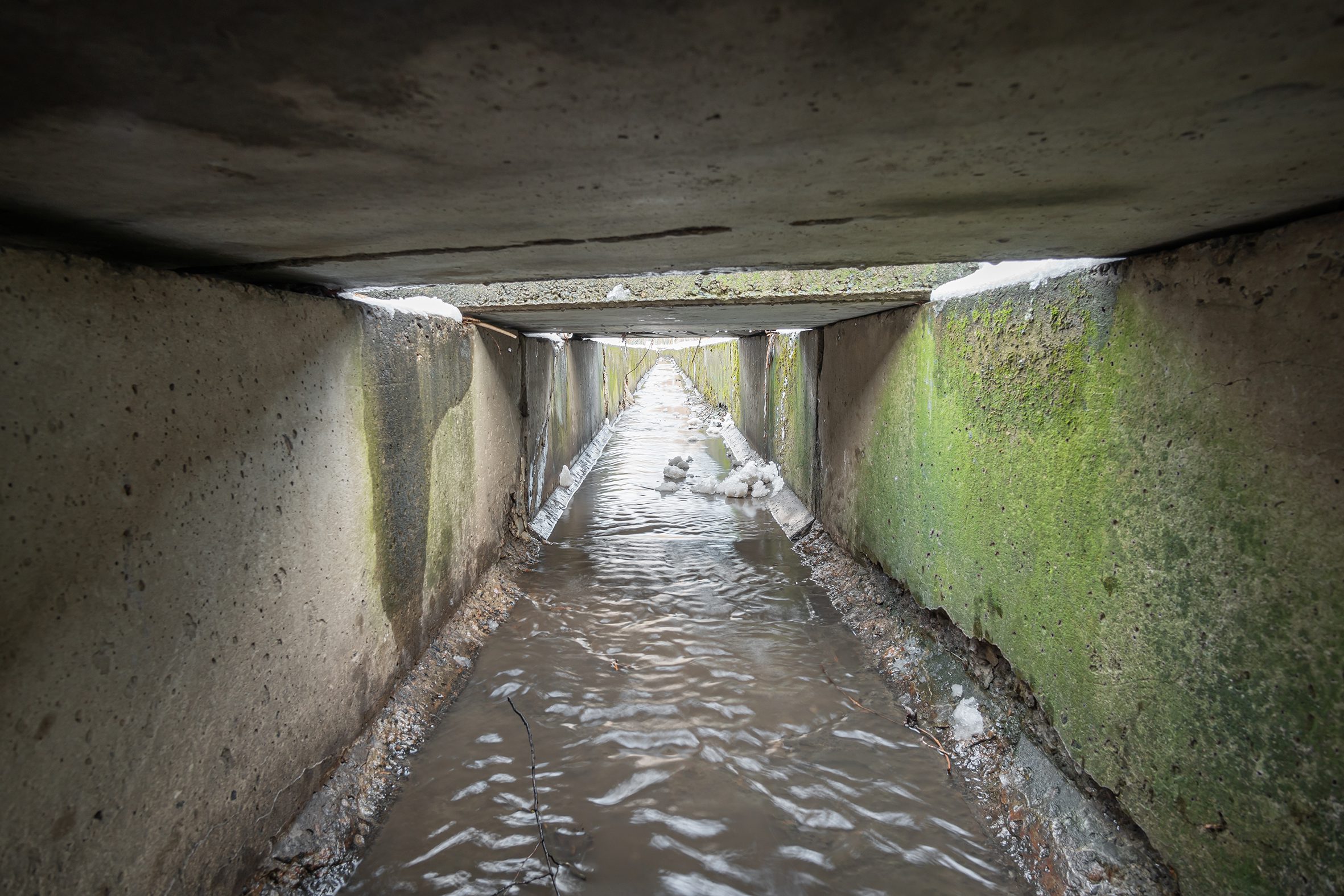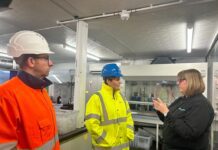
How might the water industry be better regulated to reduce the sewage pollution that floods waterways in England and Wales? A report from the House of Lords Industry and Regulators Committee published on 22 March offered a number of recommendations.
In recent decades water companies have been spilling sewage-polluted water into waterways more frequently and in larger volumes, a failing sometimes portrayed as an inevitability given the population growth of recent decades and the increased rainfall associated with climate change. On a practical level, there are a multitude of reasons why it happens (explored, for example, in an EAC report in early 2022). A growing movement of experts and citizen scientists have ultimately blamed water industry intransigence, and the sector’s unwillingness to fork out for improved infrastructure.
This latest report, titled The Affluent and the Effluent, itemises failures with regulators, government and water companies. Its findings draw on evidence taken from regulators, CEOs of water companies, consumer groups, and industry and investment experts, as well as submissions from Thérèse Coffey, Secretary of State for Environment, Food, and Rural Affairs.
Mark Lloyd, chief executive of The Rivers Trust welcomed the document as “thoughtful” and “very timely”.
The charity seemed to give the thumbs up to recommendations including the committee’s call to make water metering compulsory for homes and businesses, where it is possible to do so. This would support targets previously set by Government to reduce water demand, an area where there has been “little progress”. The report noted that only around half of households have water metering in place.
The Rivers Trust also welcomed the report’s apparent emphasis on nature-based solutions. Mark Lloyd told the committee he believed Ofwat had over-emphasised “carbon-intensive and engineered solutions on water company assets, such as improving treatment works on small rural works”. A catchment-based approach in such cases might offer an opportunity to “spend less” on a solution with greater benefits to society.
The report identified perceived failings on Ofwat’s part, in not holding water companies sufficiently to account for environmental pollution through penalties and prosecution. Ofwat has also failed to ensure they invest in adequate infrastructure. The committee said water firms have been “choosing to keep bills low at the expense of investment that is now sorely needed”.
Ofwat “needs to find ways to increase investment outside the Price Review process”, said the committee, and “should also consider the important role that third-party competition could play in reducing costs, as it did with the Thames Tideway tunnel project.”
The River Trust’s Mark Lloyd welcomed a recommendation to increase bills to drive investment, with social tariffs to protect poorer households. Government should introduce “a single social tariff in time for its inclusion in the next Price Review which will protect vulnerable customers from bill increases provide a baseline of support for customers regardless of who supplies their water.”
Government should also give Ofwat guidance “on how it should handle the trade-off between balancing the financial needs of customers during a cost-of-living crisis with the urgent need for infrastructure and environmental investment.”
Water industry group Water UK welcomed this recommendation as well as the call for the government to publish a National Water Strategy, setting out the situation more clearly in terms of the quality of the water environment, and the expected resilience of infrastructure “giving regulators clear benchmarks to work towards”.
Ofwat should also be given powers to make company directors more accountable, even preventing them from working in the industry.
Inadequate policing by the EA is frequently blamed for the profligate use of CSOs to spill sewage into rivers, and the Committee also called on the government to ensure adequate funding is available to inspect and enforce environmental offences by water companies.







